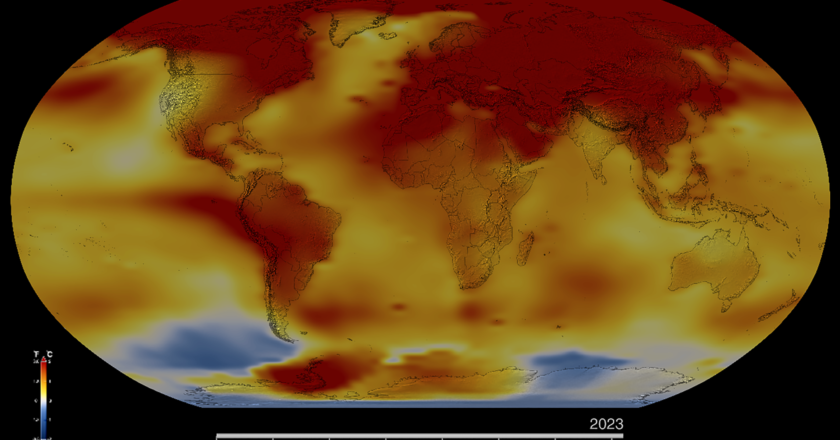Summer 2023 Temperatures Were The Worst In 2000 Years
If people don't think the Earth is heating, they should feel the temperature. According to scientists, summer 2023 was the warmest year in over 2000 years.The data shows that land temperatures were about 3.76 degrees Fahrenheit higher, between the averages between 1850 and 1900. To find this information, researchers combined measurements from thousands of meteorological stations. They then analyzed the June through August surface temperature across the Northern Hemisphere.They also spent months taking samples to compare tree ring reconstruction with nine of the longest temperature-sensitive tree chronologies. Scientists said that these rings are the only way to provide annual temperature reconstructions.To make changes to our atmosphere, we must start acting now. We need to st...


